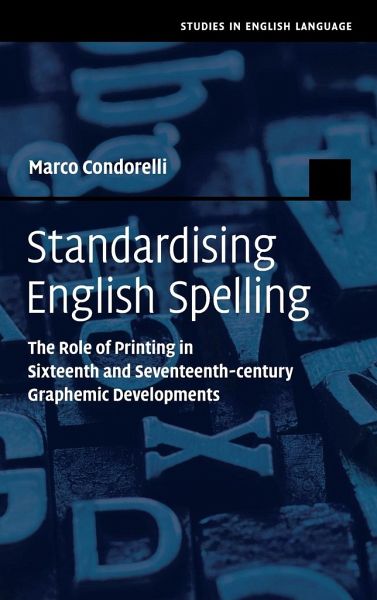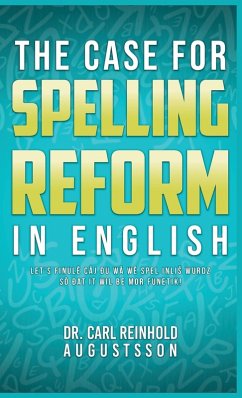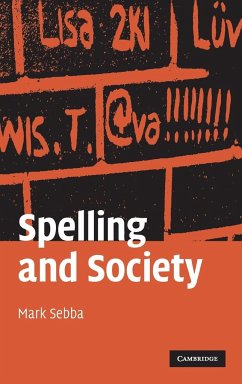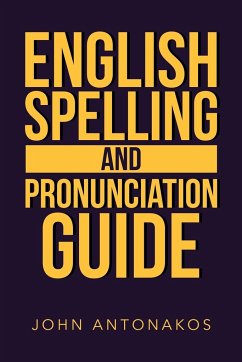
Standardising English Spelling
Versandkostenfrei!
Versandfertig in 1-2 Wochen
118,99 €
inkl. MwSt.
Weitere Ausgaben:

PAYBACK Punkte
59 °P sammeln!
The standardisation of English spelling that resulted from the advent of printing is one of the most fascinating aspects of the history of English. This pioneering book explores new avenues of investigation into spelling development by looking at the Early Modern English period, when irregular features across graphemes became standardised. It traces the development of the English spelling system through a number of 'competing' standards, raising questions about the meaning of 'standardisation'. It introduces a new model for the analysis of large-scale graphemic developments from a diachronic p...
The standardisation of English spelling that resulted from the advent of printing is one of the most fascinating aspects of the history of English. This pioneering book explores new avenues of investigation into spelling development by looking at the Early Modern English period, when irregular features across graphemes became standardised. It traces the development of the English spelling system through a number of 'competing' standards, raising questions about the meaning of 'standardisation'. It introduces a new model for the analysis of large-scale graphemic developments from a diachronic perspective, and provides a new empirical method geared specifically to the study of spelling standardisation between the sixteenth and seventeenth centuries. The method is applied to four interconnected case studies, focusing on the standardisation of positional spellings, i and y, etymological spelling and vowel diacritic spelling. This book is essential reading for researchers of writing systems and the history of English.














